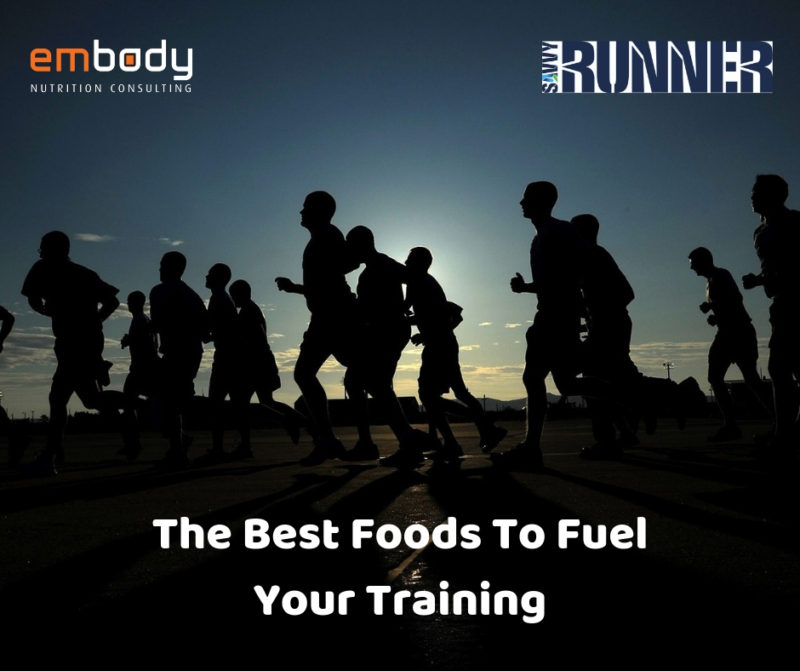When commencing a new training program or increasing your current program, it is important to think about the additional demands that are placed on the body for fuel. This article really focuses on training for an endurance event, however, the principles can be applied to many different sporting events or programs.
The signs that your body may need MORE FUEL through food can be different for each person. Here are some common warning signals that you should address as soon as you notice them.
- Feeling tired throughout the day (more than usual)
- Not recovering as well as you used too
- Feeling very hungry or having cravings throughout the day
- Not being able to push yourself in your training sessions
- Generally feeling flat throughout the day
Increasing your overall energy intake throughout the day can be very effective in addressing your increased energy needs. This can be achieved in a number of ways…
- Increase the size of your portions at main meals
- Include more snacks throughout the day
- Swap some lower energy food for more energy dense food
- Switch from low fat milk to full fat milk
- Change Vegemite on toast to avocado on toast
- Add starchy vegetables to your dinners eg. potato, sweet potato, corn, pumpkin
Consuming the right foods before your training session can also be a great way to improve the quality and intensity of your sessions.
When should I eat before training?
Most people can tolerate their last main meal about 2-4 hours before a training session. This meal should include a combination of protein, high quality carbohydrates, healthy fats and some vegetables or salad.
If you train mid-morning, this would be your breakfast.
If you train in the afternoon or evening, this would be your lunch.
If you train first thing in the morning, then a pre-training snack can be a great option.
Most people can tolerate an pre-training snack about 1 hour before a session. For an early morning session, this snack can be consumed closer to training, depending on your gut and how well you tolerate the food. This snack should be low in fibre and fat and high in carbohydrates. This will provide the body with a ‘top-up’ of energy for the session ahead.
Examples of a pre-training snack could include:
- Banana
- Glass of fruit juice
- Muesli bar
- Piece of toast
- Low fat yoghurt
Take the time to listen to what your body is telling you and learn to adapt your food intake to match what it needs. As with everything in nutrition, you need to find something that works for you and your body to get the best out of it!

